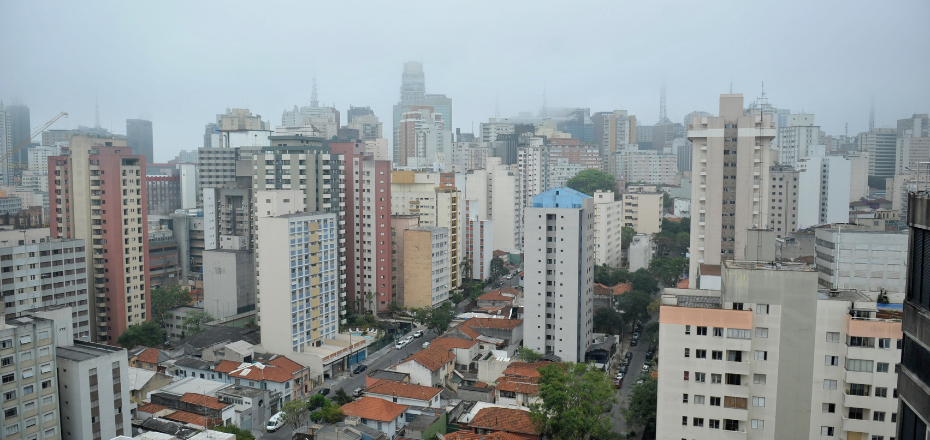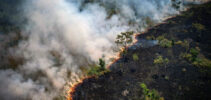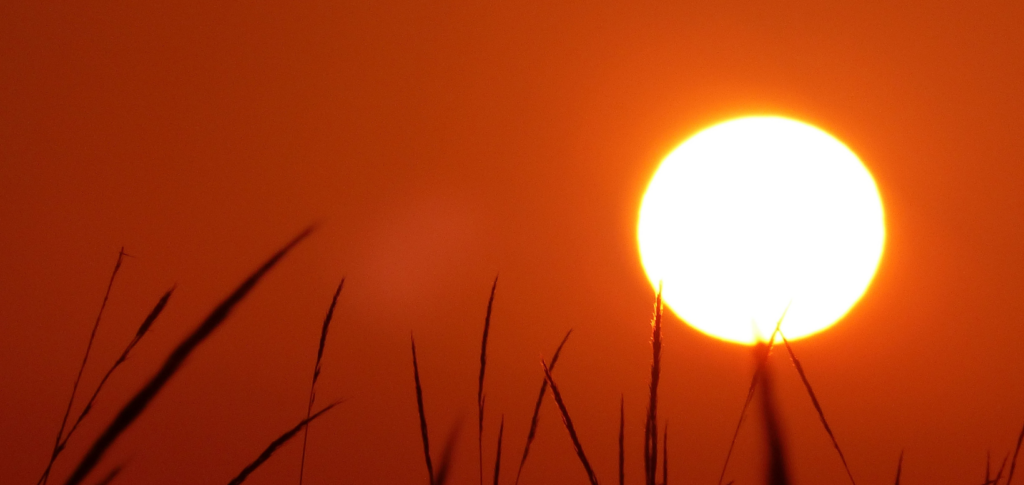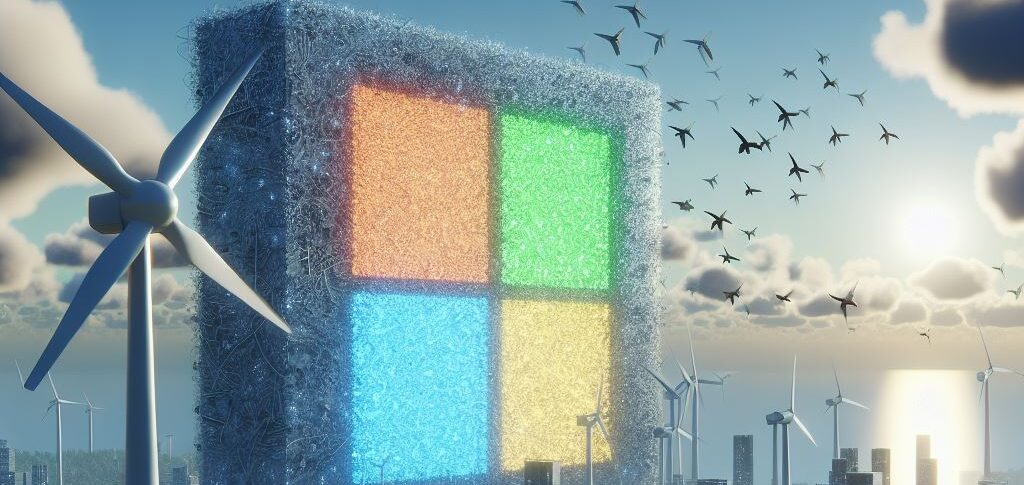This study was conducted by USP researchers and the Institute for Energy and Nuclear Research (Ipen), and is part of the Metroclima project, created in 2020 and financed by the São Paulo State Research Support Foundation (Fapesp). The project involves several institutions from Brazil and abroad and aims to establish a network for monitoring greenhouse gases, such as CO2 and methane (CH4), in the city of São Paulo. The idea is to evaluate your eav sourcesariation over time.
ADVERTISING
The researchers conducted a comprehensive analysis to understand how smoke from forest fires in the Pantanal and Amazon, as well as smoke from sugarcane fires in the interior of São Paulo, is transported and introduced into the atmosphere of the São Paulo Metropolitan Region. Paul. These events worsen air quality and increase levels of greenhouse gases in the region.
On days with smoke events, concentrations of fine particulate air pollution exceeded World Health Organization (WHO) standards at 99% of air quality monitoring stations in the São Paulo metropolitan area. Furthermore, CO2 levels increased significantly, reaching 1.178% higher compared to smoke-free days. This highlights the additional challenges that outdoor pollution events such as wildfires pose to cities and their threats to public health due to air quality.
Air pollution is a leading cause of illness and premature death around the world, and reducing pollution not only improves health but also strengthens economies. The research highlights that air pollution has links to the loss of biodiversity, impacts on ecosystems and human capital.
ADVERTISING




